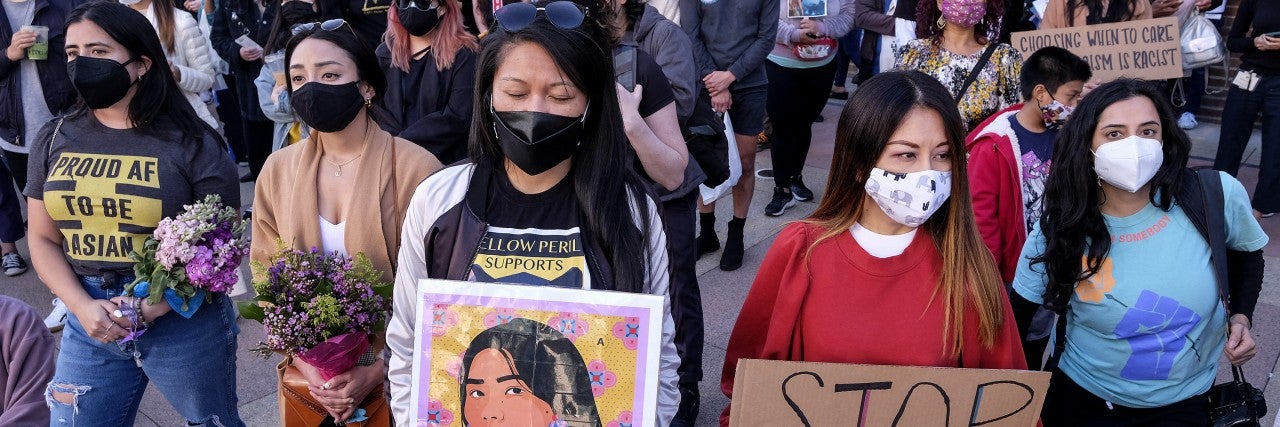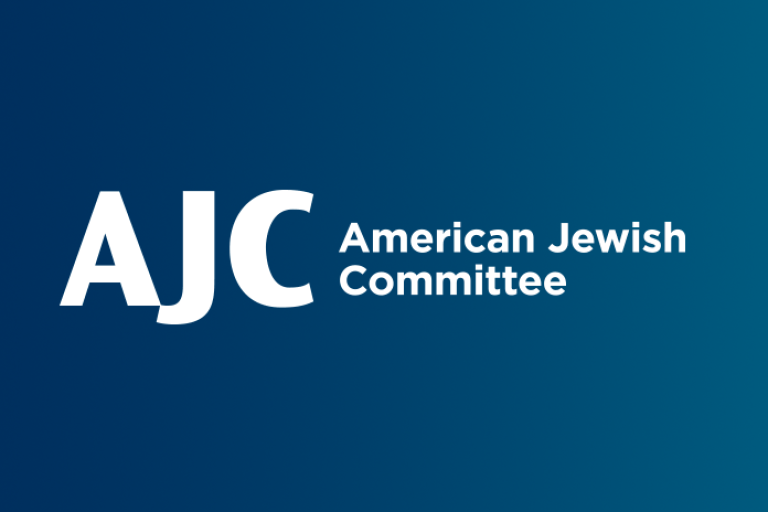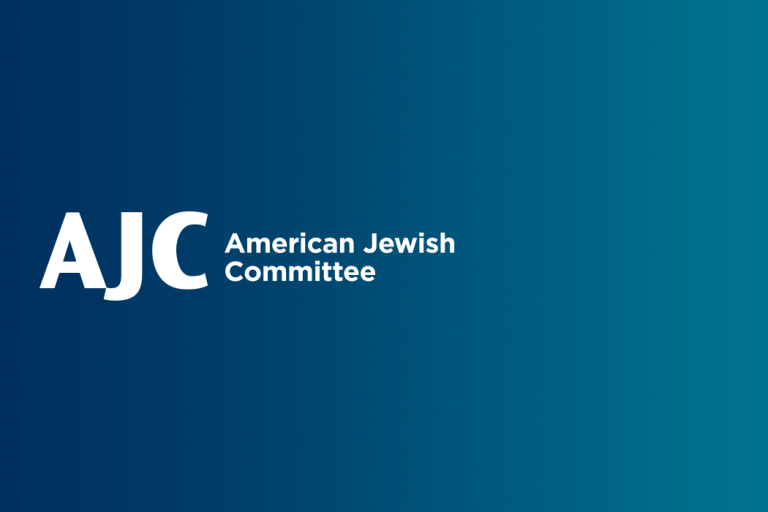April 12, 2021 — Boston
This piece originally appeared in The Boston Globe.
By Colette Phillips and Robert Leikind
For years, Asian Americans have borne fears of rising violence, largely alone. Even after the start of the coronavirus pandemic, when anti-Asian violence and threats proliferated across the country, public recognition of the developing crisis was limited. Many in the Asian American community asked, again and again, “What will it take?” They found out on March 16 when eight people, including six women of Asian descent, were killed in Atlanta. This seemingly was a tipping point, and now people of goodwill are paying attention. The question is: “Why did it take so long?”
The evidence was mounting for a year. According to Stop AAPI Hate, there were 3,795 incidents of hate crimes targeting the Asian American and Pacific Islander community between March 2020 and February 2021. Many more probably went unreported.
Yet, even as hate-fueled anti-Asian rhetoric became commonplace and fear spread through Asian American communities, the danger was invisible to most Americans. Why? Two recent American Jewish Committee surveys concerning antisemitism in the United States may shed some light on this question.
According to the FBI’s 2019 Hate Crimes Statistics Report, more than 60 percent of religiously based hate crimes were directed at Jews, who constitute less than 2 percent of our nation’s population. Not surprisingly, AJC’s survey of American Jews documented that 88 percent of American Jews believe that antisemitism is a serious problem or somewhat of a problem. Yet, a companion survey of the general public found that 46 percent of US adults either had never heard of the word antisemitism or did not know what it meant. In other words, Jews may be alarmed about rising antisemitism, but much of the American public doesn’t know the problem exists.
A similar phenomenon exists for Black Americans and other BIPOC communities. Over the last half century, most Americans have come to understand that racial prejudice is inconsistent with the principles of our democracy. What has been less well understood is how the lived experience of racial prejudice and inequities continues to permeate the lives of Black Americans when they walk into a store, apply for a job, bird watch in a park, drive in “the wrong neighborhood,” or encounter police officers, who may not even be aware of their own implicit biases and fears. It took the killing of George Floyd for most Americans to finally focus on these painful circumstances and their sometimes-deadly consequences.
Beyond hatred and prejudice, there is a question of what people understand about the experience of their neighbors: the fear, uncertainty, and sense of danger that flows from knowing there are people who mean you harm. How many people know that many Asian Americans feel compelled to accompany their elders on a simple trip to the market; that Black American women avoid carrying large handbags into stores for fear of being accused of shoplifting; or that many Jewish congregations find it necessary to hire security during times of communal prayer?
These are hard realities that have not been widely understood by people busy with their own lives. They call out for empathy, understanding, and interest.
Today’s wave of anti-Asian violence is the latest installment in a long and sometimes difficult history that more Americans need to understand. We are a nation of diverse peoples joined in a common quest to live up to the democratic ideals on which our nation was established. Those who attack Asian Americans implicitly reject this American narrative. We, in turn, must respond by reaching out as allies intent on working together to support our neighbors and defend our nation’s core principles.
We can do this by speaking out vigorously against attacks on Asian Americans and working together to advance important legislation like the Jabara-Heyer No Hate Act, which will enhance hate crime reporting and training across the country. As important, however, we need to cultivate greater empathy for the lived experience and histories of our Asian American neighbors. In the end, being good allies is not only about what we do, but about the insight and understanding that results from better appreciating one another’s lived experiences.
Colette Phillips is president and CEO of Colette Phillips Communications and founder of Get Konnected! Robert Leikind is director of American Jewish Committee Boston Region.



